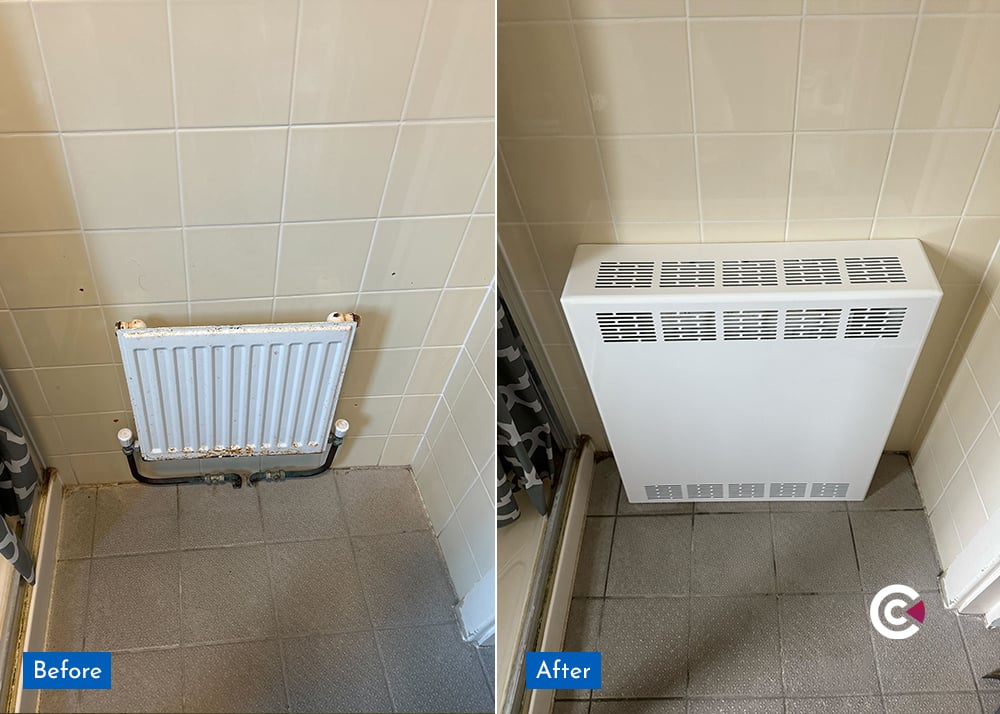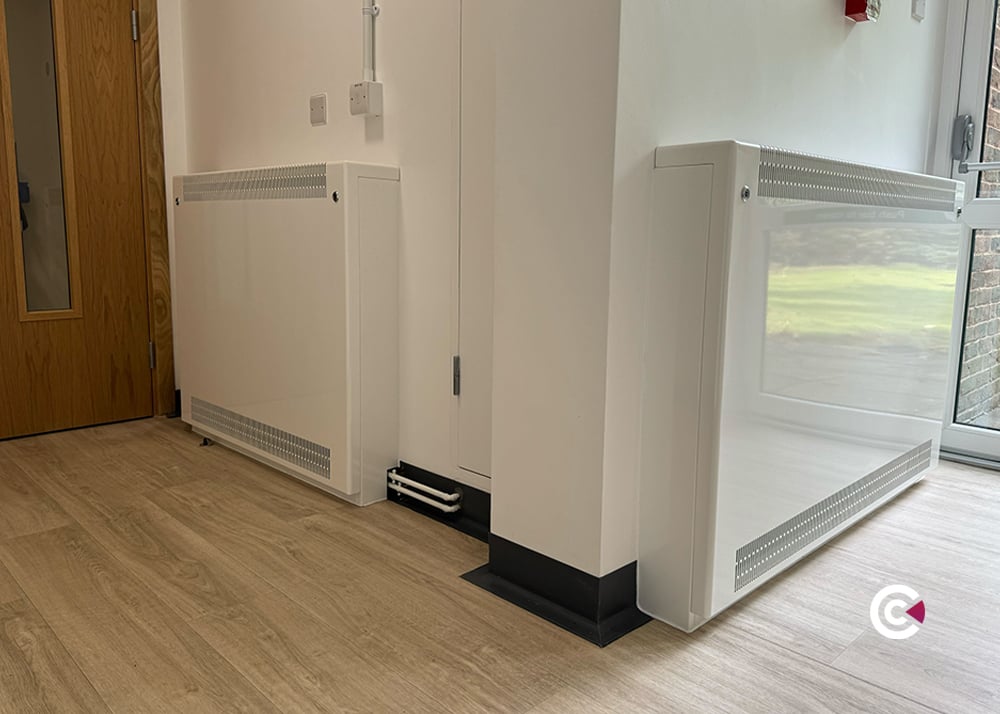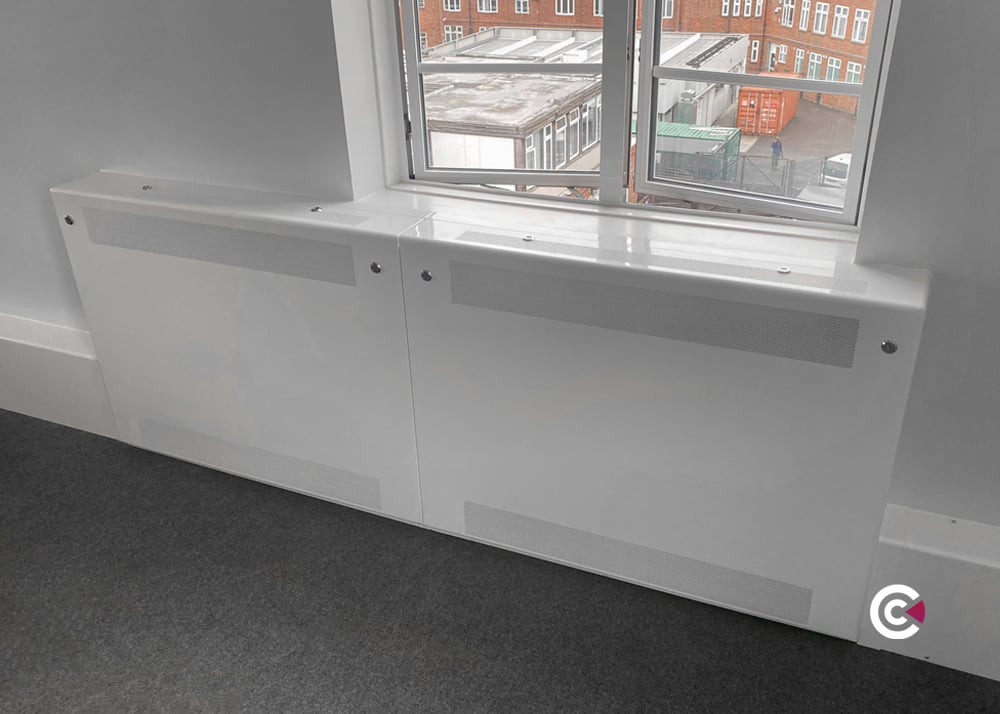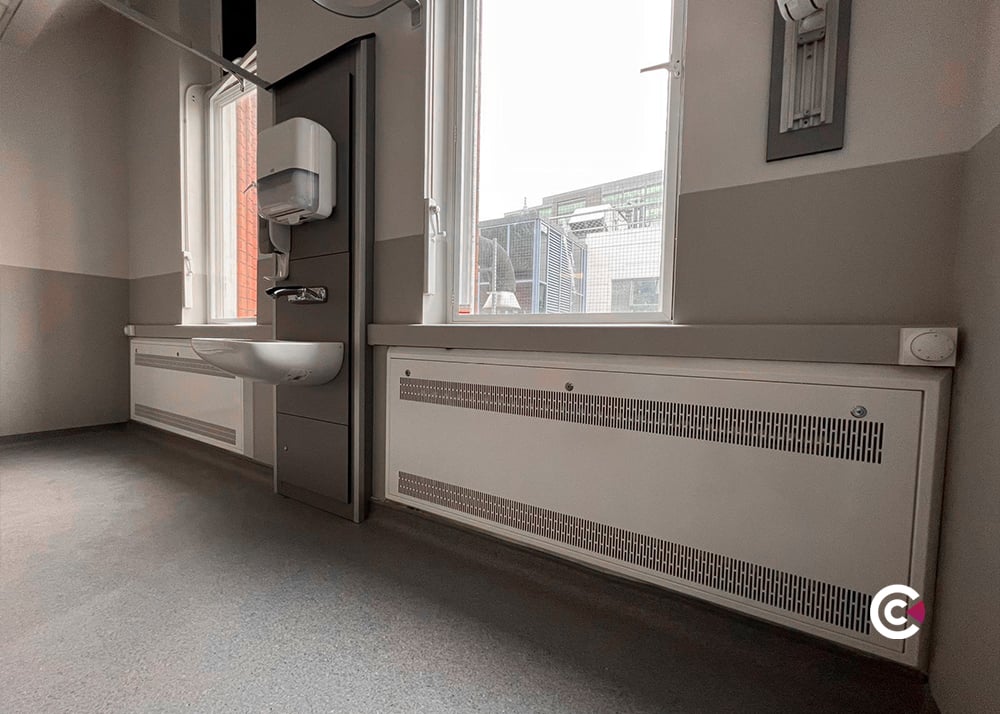Nursing and care homes provide essential services that offer safety, compassion and professional support to those who cannot continue to look after themselves at their own residence. As opposed to a hospital facility, residential care allows many elderly and medically vulnerable individuals the opportunity to live with peace of mind, whilst maintaining professional standards of hygiene and infection control.
Residents of nursing and care homes often belong to high-risk categories for healthcare-acquired infections (HCAIs) due to factors like their age and existing health conditions. For this reason, infection control protocols must always be of an extremely high standard and will come under scrutiny during regular inspections of the Care Quality Commission (CQC).
Effective Infection Control in Care Homes
Here are six strategies to maintain infection control in care homes and have been part of the Care Home Infection Prevention and Control Manual (CH IPCM):
Hand Hygiene Enhancement
Rigorous hand hygiene is the first line of defence against infection spread. To mitigate the risk of contamination, healthcare professionals should observe guidelines such as keeping their forearms bare below the elbow and ensuring that hands remain free from jewellery (with potential exceptions for plain, flat wedding bands in some facilities).
Furthermore, fingernails should be consistently short and clean, without polish or false nails. Any cuts or abrasions should be covered with waterproof dressings.
Correct Use Of PPE
There are plenty of interactions with residents which don’t require protective equipment. However, when delivering personal care, clinicians should always wear suitable gloves and use disposable aprons when required.
Fundamental rules in using PPE correctly include using PPE only once before safe disposal, donning gloves immediately before care and removing them promptly after, changing gloves between each task (even if they are for the same individual) and certainly when transitioning to different residents. Additionally, it is imperative to ensure the appropriate disposal of used PPE in designated waste receptacles.
Protect Visitor Safety
Well-managed visitor policies are crucial for preventing infections from entering care homes, as nursing and care homes receive a lot of external footfalls. To prevent the spread of germs, facilities can implement measures such as informative signage to emphasise the importance of proper hand hygiene, provide hand sanitising gel at accessible locations within the facilities, and offer guidance on safe visitation timing, especially during outbreaks or when visitors or their family members are unwell.
Infection Control for the Care Environment
The management of healthcare organisations holds the responsibility for supervising the systems and procedures required to sustain a clean and hygienic care environment. This includes the upkeep and enhancement of buildings and equipment, as well as the establishment of a routine cleaning regimen for the care environment.
Furniture with easy cleaning designs, such as the DeepClean range featuring fully removable doors, facilitates regular thorough cleaning and disinfection in areas that are often overlooked. The easy access design allows full access for cleaning and disinfecting behind, beneath, and around them, reducing the risk of hidden contamination. The DeepClean range has a unique door design with quick-release locks, which allows the complete front of the radiator guard to lower and lie flat on the floor. The open hinge arrangement also permits front door removal when necessary.
Infection Prevention Through Antimicrobial Treatments like Biocote®
Surfaces of furniture (e.g. radiator covers) can serve as potential breeding grounds for microbes, but antimicrobial coating like Biocote® helps lower the chances of germs spreading. Antimicrobial furniture like the DeepClean range with built-in antimicrobial protection helps inhibit the growth of harmful microorganisms on the radiator's surface.
BioCote® has been proven to reduce microbes by up to 99.99% and works continuously to reduce microbe levels on treated products. Contour Heating is the only company to incorporate BioCote® antimicrobial protection into LST and anti-ligature radiators and guards to combat a wide range of bacteria, including MRSA and E.coli.
Advanced Hygiene With DeepClean Antimicrobial LST
The DeepClean LST range is designed with easy access for regular cleaning, featuring built-in antimicrobial properties for added protection. The unique easy-to-open front panel of the DeepClean LST range can lie flat to the floor when fully open, which facilitates complete removal of the door if required for thorough cleaning and maintaining high hygiene standards.
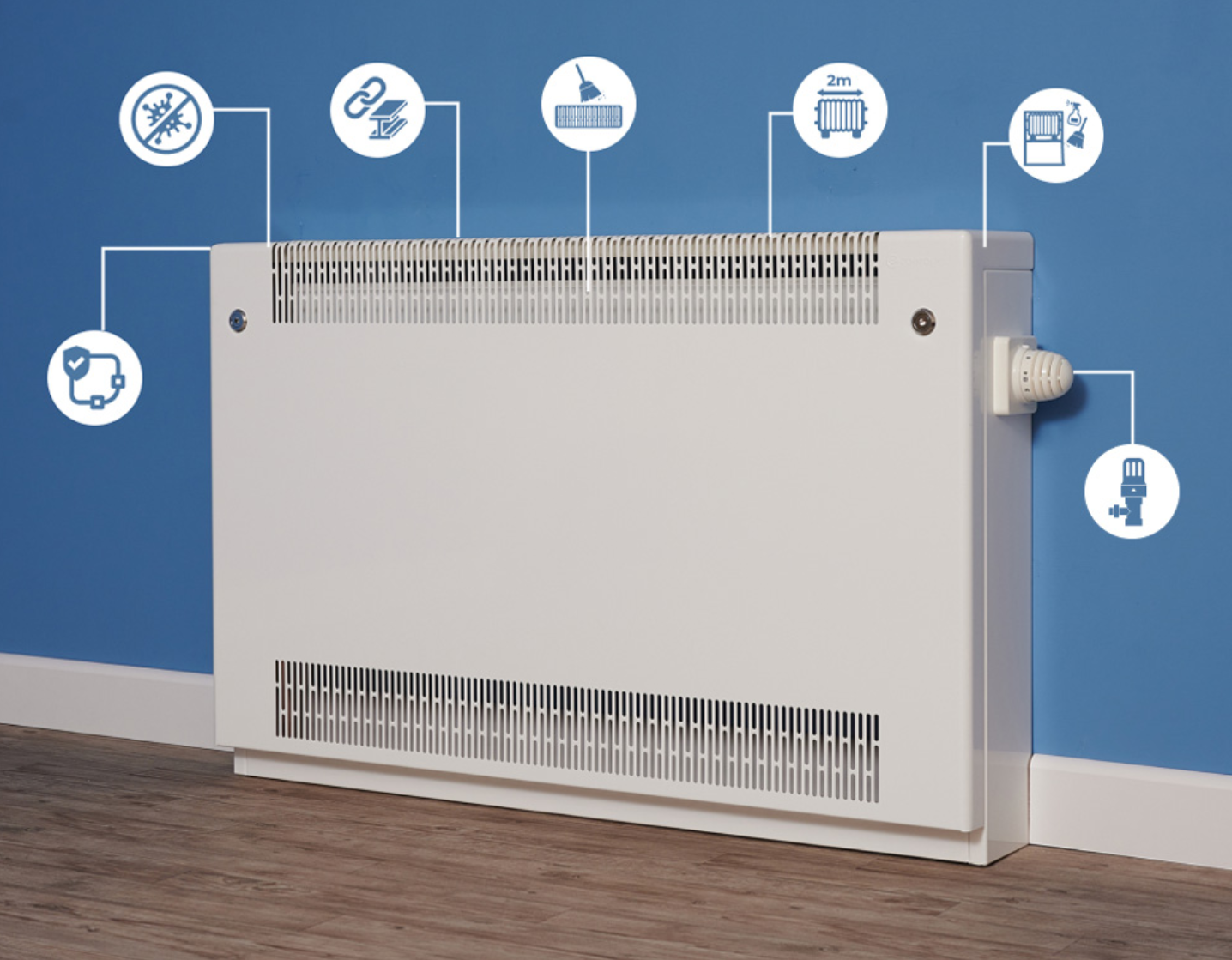
The DeepClean range is powder coated both inside and outside, incorporating Biocote® protection technology, providing an additional layer of defence against the transmission of infectious diseases within care home and nursing environments.
Discover how antimicrobial LST can simplify facility hygiene management. Get in touch and book a consultation with one of our heating experts today.
-1.png)

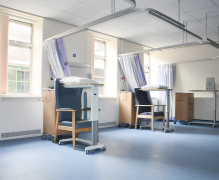
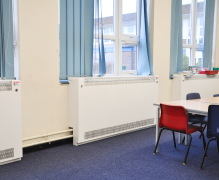
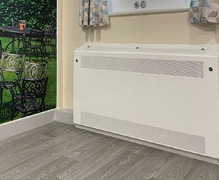
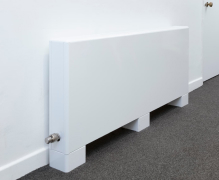
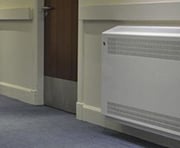
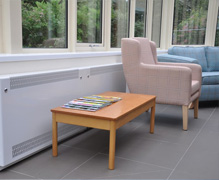

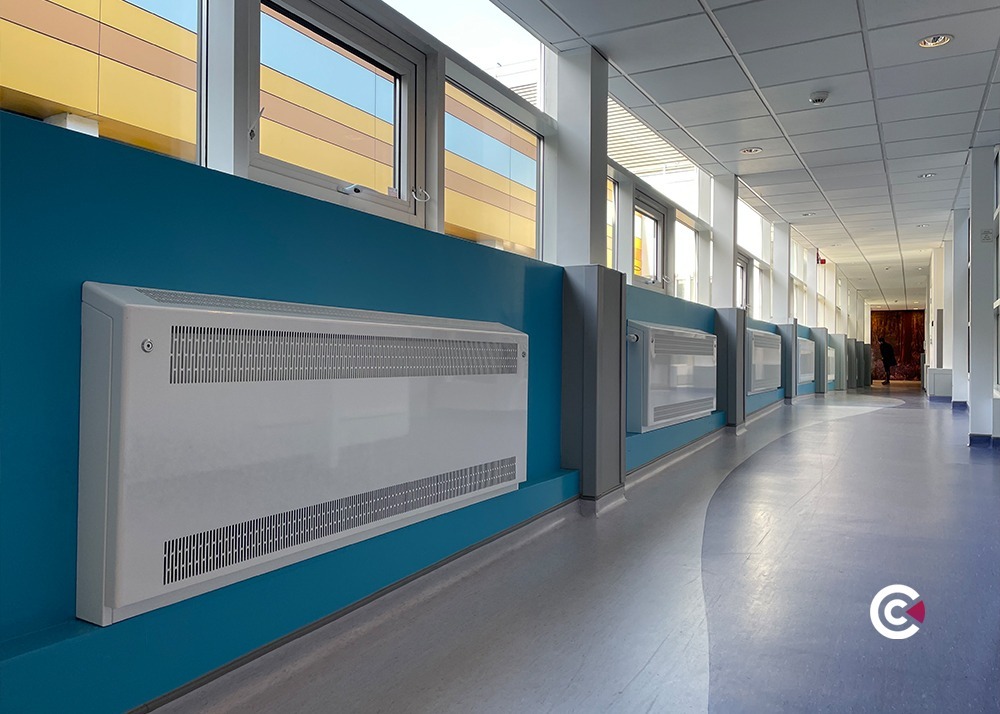
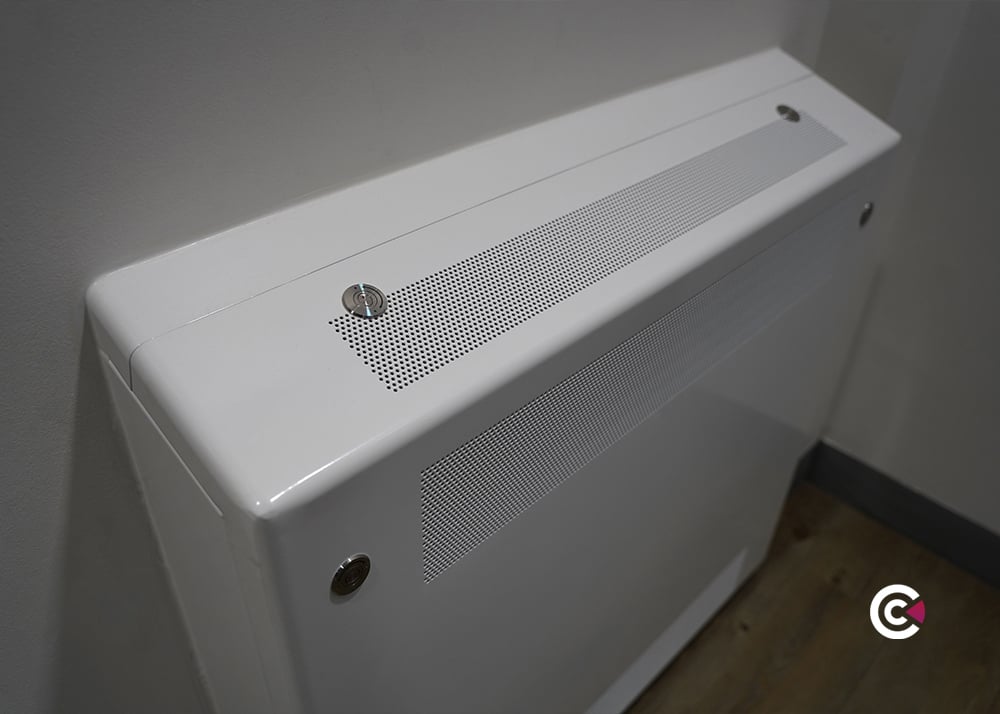

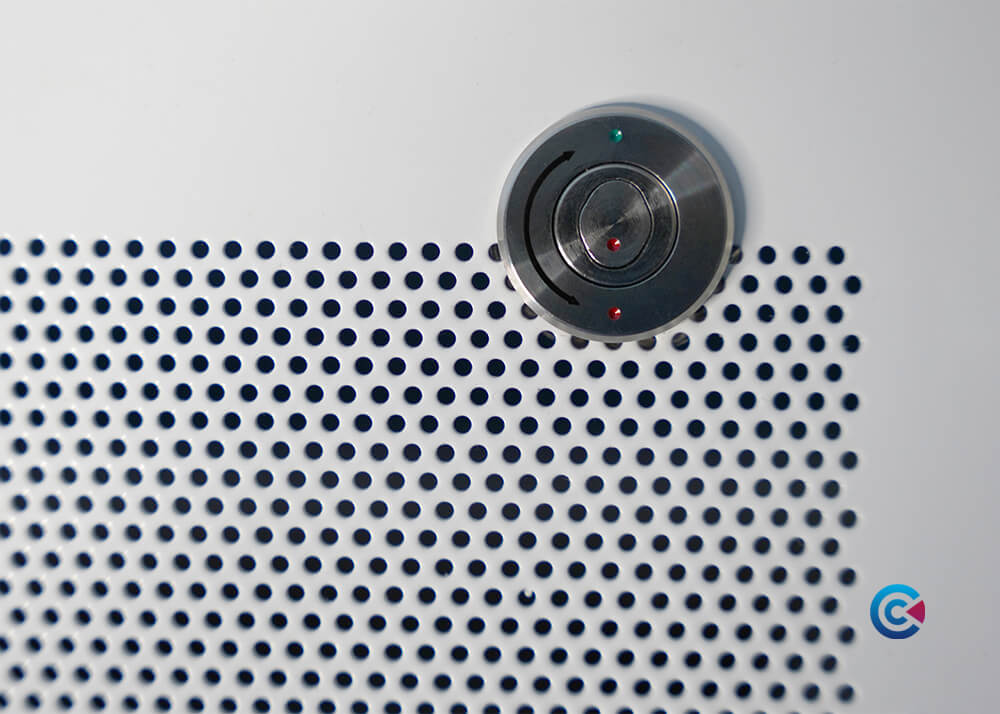





/anti-ligature%20vent%20grilles.jpg)

